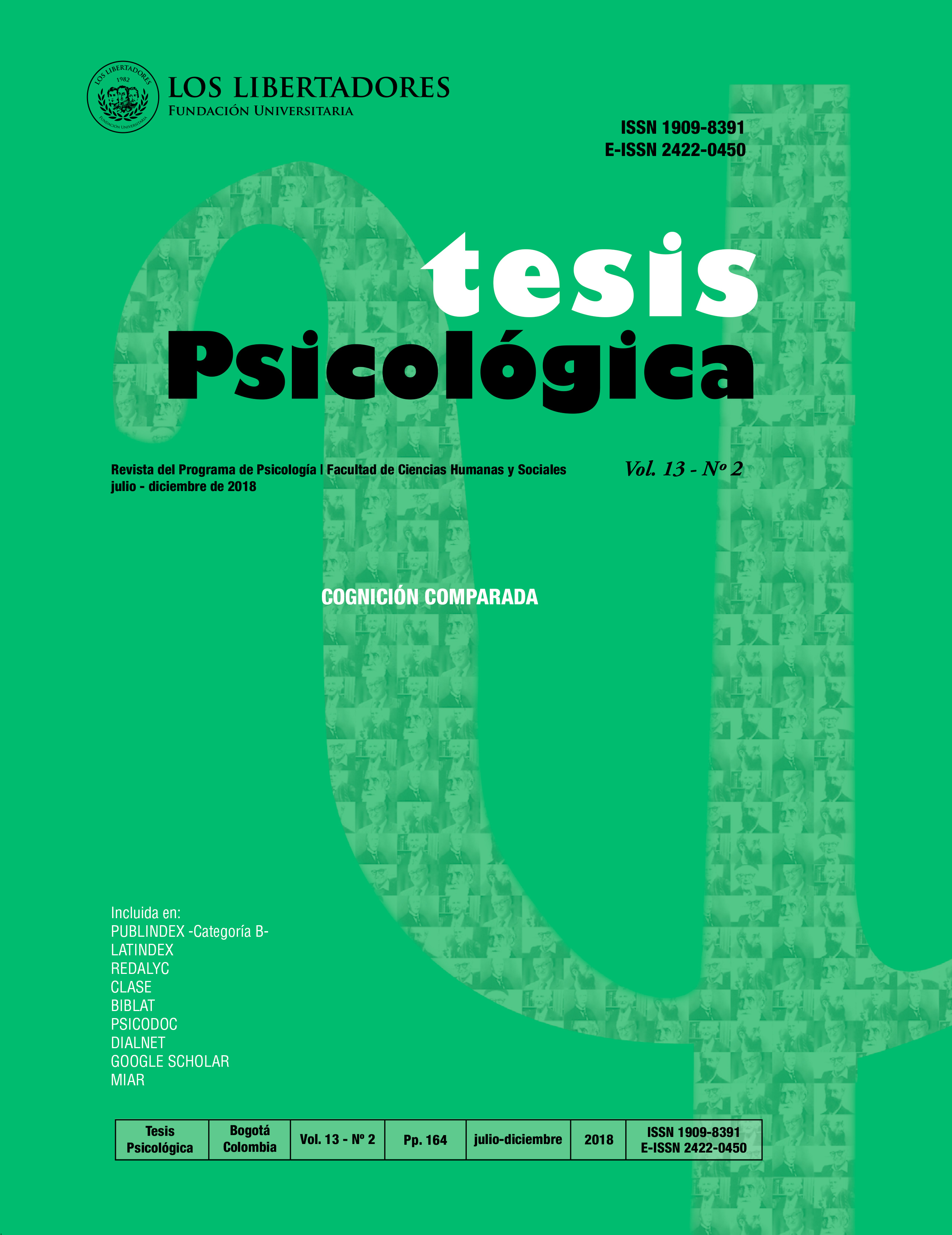Abstract
The work we present aims to clarify what is a context in the cognitive psychology of reasoning. Although the term context is found in the literature of different cognitive psychologists, we will argue that there is no clear analysis of what should be understood by that term. We will defend that the notion of context refers to different ideas, that is, the content, the format, the perspective, the nature of the logical contents and the environment of the problems. We will suggest that while these ideas may have overlaps, it is unclear that content, format, perspective, nature of logical content and environment are equivalent notions. Making these distinctions, we will argue, can not only help you understand what a context means, but it can also help you better understand the debates about how we humans reason or how we should reason.
References
Bishop, M., Trout, J. D., 2005. Epistemology and the Psychology of Human Judgment, New York: Oxford University Press.
Buller, D. 2005. Adapting minds. Evolutionary Psychology and the Persistent Quest for Human Nature, Cambridge MA, The MIT Press.
Buller, D., Fodor, J., Crume, T. 2005. “The emperor is still under-dressed”, Trends in Cognitive Science, 9, 11, pp. 508-510.
Cosmides, L., Tooby, J. 1991. “Reasoning and Natural Selection”, Encyclopedia of Human Biology, vol. 6, pp. 493-503.
------. 1992. “Cognitive Adaptations for Social Exchange”. The Adapted Mind. Ed J. Barkow, et al. New York: Oxford University Press, 164-228.
------. 2005. “Neurocognitive Adaptations Designed for Social Exchange” Evolutionary Psychology Handbook. Ed D. Buss. New York: Wiler, 584-627.
Evans, J., Over, D. 1996. Rationality and reasoning. East Sussex: Psychology Press.
Fodor, J. 2000. “Why we are so good at catching cheaters”, Cognition, 75, pp. 29. 32.
Gigerenzer, G. 1991. “How to Make Cognitive Illusions Disappear: Beyond “Heuristics and Biases””. European Review of Social Psychology, 2: 83-115.
------. 1996. “On Narrow Norms and Vague Heuristics: A Reply to Kahneman and Tversky”. Psychological Review, 103: 592-598.
Gigerenzer, G., Hoffrage, U. 1995. “How to Improve Bayesian Reasoning Without Instruction: Frequency Formats”, Psychological Review, 102 (4), pp. 684-704.
Gigerenzer, G., Hug, K. 1992. “Domain-specific reasoning: Social contracts, cheating and perspective change”. Cognition, 43: 127-171.
Gigerenzer, G., Selten, R. (eds.). 2001. Bounded Rationality. The Adaptive Toolbox, Cambridge: MIT Press.
Gigerenzer, G., Sturm, T. 2012. “How (far) can rationality be naturalized?”. Synthese, 187: 243-268.
Gigerenzer, G., Todd, P., Grupo ABC.1999. Simple Heuristics That Make Us Smart. New York: Oxford University Press.
Goel, V. 2007. “Fractionating the System of Deductive Reasoning”, in E. Kraft, B. Gulyás & E. Pöppel (eds.), Neural Correlates of Thinking, Berlin, Springer, pp. 203-2018.
Hertwig, R., Gigerenzer, G. 1999. “The ‘conjunction fallacy’ revisited: How intelligent inferences look like reasoning errors”. Journal of Behavioral Decision Making, 12: 275-305.
Kahneman, D., Tversky, A. 1996. “On the reality of Cognitive Illusions”. Psychological Review, 103: 582-591.
Kahneman, D., Slovic, P., Tversky, A. 1982. Judgment under uncertainty: Heuristics and biases, Cambridge: Cambridge University Press.
Kruglanski, A., Gigerenzer, G. 2011. “Intuitive and deliberative judgments are based on common principles”. Psychological Review, 118: 97-109.
22
Tesis Psicológica vol. 13- nº2 julio-diciembre/18 pp. 1-22 ISSN 1909-8391
Piatelli-Palmarini, M. 2005. Los túneles de la mente. Barcelona: Crítica.
Samuels, R., Stich, S., Faucher, L. 2004. “Reason and rationality”. Handbook of Epistemology. Ed. Niiniluoto et al. Dordrecht: Kluwer, 131-179.
Stein. E. 1996. Without Good Reason. The Rationality Debate in Philosophy and Cognitive Science, Oxford, Clarendon Press.
Sturm, T. 2012. “The “Rationality Wars” in Psychology: Where They Are and Where They Could Go”, Inquiry: 66-81.

This work is licensed under a Licencia Creative Commons Atribución-NoComercial-

